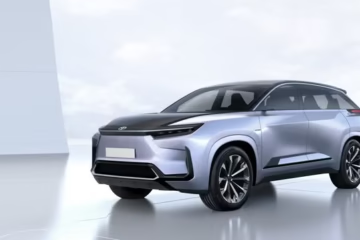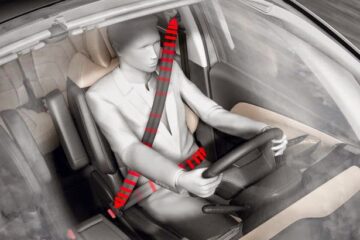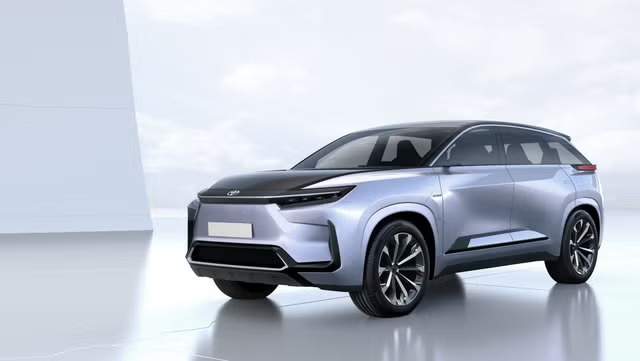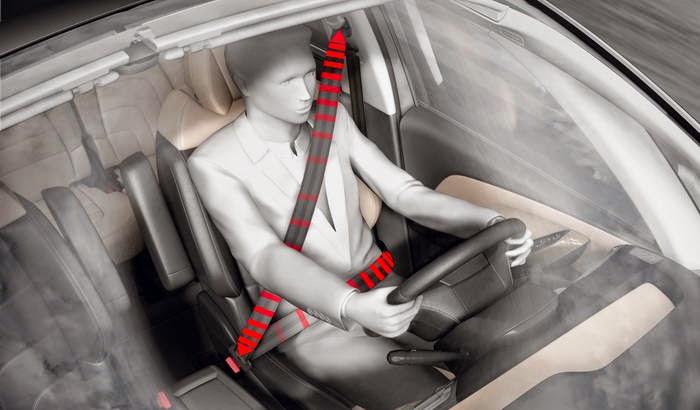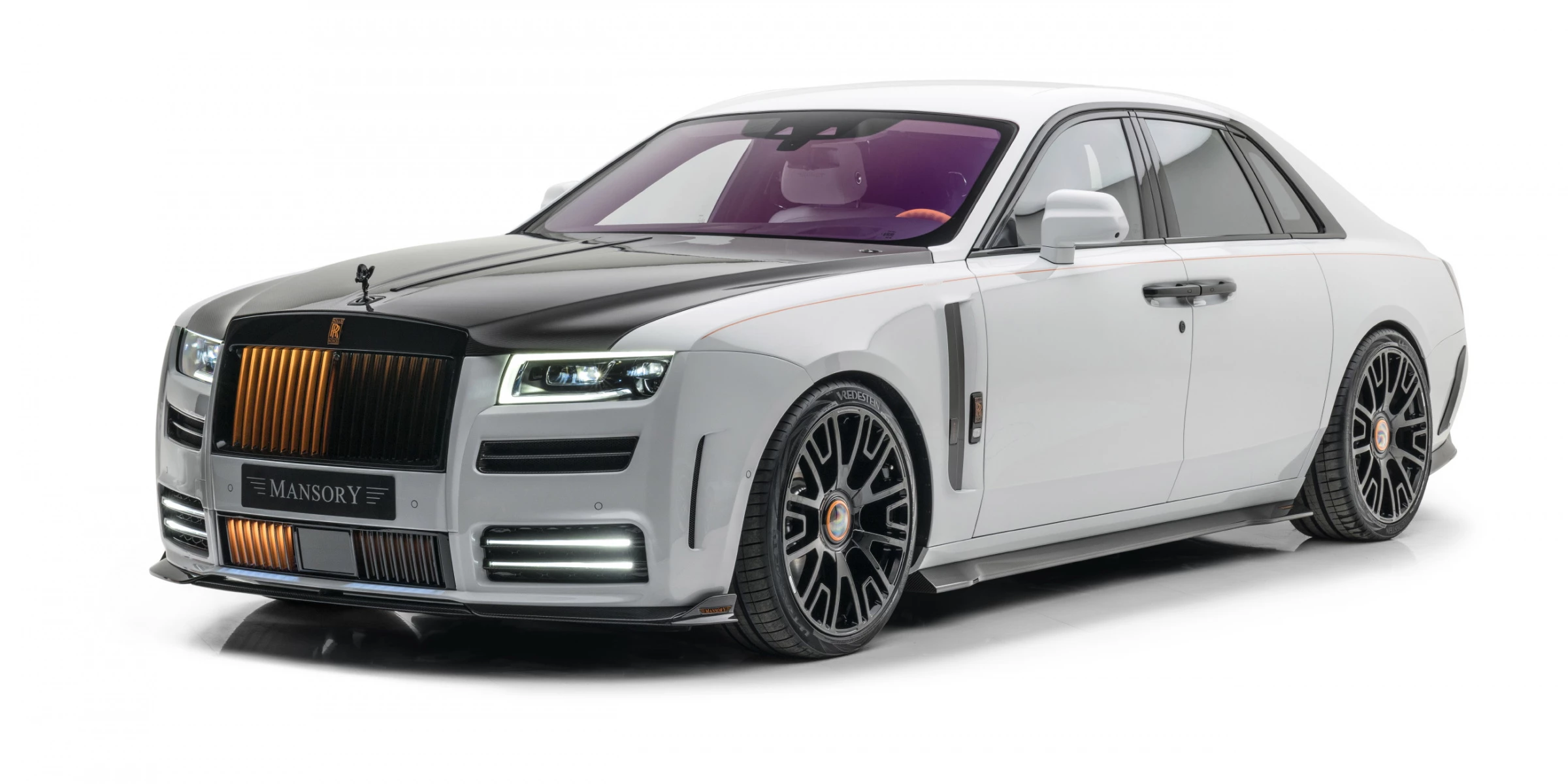
Is It Legal to Modify Your Car in Dubai?
The United Arab Emirates (UAE) has strict regulations regarding vehicle modifications to ensure road safety and environmental compliance. Before making any changes to your car, it is crucial to understand the legal framework, the types of modifications allowed and prohibited, and the consequences of violating the law.
What Are the Laws Governing Car Modifications in Dubai?
The Roads and Transport Authority (RTA) and the Emirates Authority for Standardization and Metrology (ESMA) regulate vehicle modifications in Dubai. The laws aim to maintain road safety, reduce emissions, and prevent excessive noise pollution. Some key regulations include:
- All vehicle modifications require approval from the RTA.
- Any modification that affects safety, emissions, or the vehicle’s structure must comply with UAE standards.
- Owners must obtain a technical report from an authorized testing center before modifying their car.
- Failure to comply with modification regulations can lead to fines, vehicle confiscation, or blacklisting.
Which Car Modifications Are Allowed in Dubai?
While some modifications are strictly prohibited, others are allowed as long as they meet RTA standards. Here are some of the permitted modifications:
1. Cosmetic Modifications
- Paint and Wrapping: Custom paint jobs and vehicle wrapping are allowed but must not resemble police or government vehicles.
- Body Kits and Spoilers: These are permitted as long as they do not protrude dangerously or affect aerodynamics.
- Alloy Wheels: Aftermarket alloy wheels are allowed if they meet RTA safety standards.
2. Interior Modifications
- Custom Upholstery: Changing seat covers and interior trims is allowed.
- Sound Systems: Upgrading the sound system is legal, but the volume must not exceed noise pollution limits.
- Steering Wheel Replacement: Allowed if it does not affect safety features such as airbags.
3. Performance Modifications
- Exhaust Systems: Performance exhausts are allowed but must not exceed the RTA’s noise and emissions limits.
- Suspension Upgrades: Lowering or raising the suspension is allowed if it does not compromise road safety.
- Engine Tuning: Basic ECU remapping is allowed as long as emissions and fuel efficiency comply with regulations.
Which Car Modifications Are Illegal in Dubai?
Some modifications are strictly prohibited due to safety risks or excessive pollution. Here are modifications that can lead to penalties:
1. Engine and Performance Mods
- Turbochargers and Superchargers: Adding forced induction systems without approval is illegal.
- Nitrous Oxide Systems (NOS): These are banned due to high safety risks.
- Excessive Engine Tuning: Any modification that significantly increases emissions is prohibited.
2. Exterior Modifications
- Flashing or Colored Lights: Installing non-standard lights, such as strobe lights, neon underglows, or tinted headlights, is illegal.
- Dark Window Tints: The maximum allowed tint percentage for passenger vehicles is 50%. Exceeding this limit results in fines.
- Oversized Body Kits: Any body modification that increases the width or height of the vehicle beyond legal limits is banned.
3. Sound and Noise Modifications
- Excessively Loud Exhausts: Any modification that increases exhaust noise beyond legal limits is illegal.
- High-Powered Speakers and Subwoofers: Loud music that disturbs public peace is not allowed.
What Are the Penalties for Illegal Modifications in Dubai?
Violating Dubai’s car modification laws can lead to severe consequences, including:
- Fines ranging from AED 500 to AED 50,000, depending on the severity of the violation.
- Vehicle impoundment for up to 30 days.
- Confiscation of unauthorized modifications.
- Blacklisting of vehicles, preventing renewal of registration.
- Legal action in case of serious violations.
How Can You Get Approval for Modifications?
If you plan to modify your car, follow these steps to ensure compliance with Dubai’s regulations:
- Consult an RTA-approved workshop – Only licensed garages and tuning shops can modify vehicles legally.
- Obtain a technical report – The vehicle must pass an inspection at an RTA-approved testing center.
- Submit an application to the RTA – Approval must be obtained before installing major modifications.
- Get the modification added to your car registration – Once approved, the modifications must be recorded with the RTA.
What Are the Best Options for Different Types of Car Owners?
1. Luxury Car Owners
- Opt for premium vehicle wraps, custom leather interiors, and upgraded infotainment systems.
- Avoid engine modifications that can void warranties or lead to legal issues.
2. Performance Enthusiasts
- Consider legal ECU tuning for better power without exceeding emissions limits.
- Upgrade suspension and brakes for better handling without violating RTA laws.
3. Off-Road Enthusiasts
- Install legal lift kits and off-road tires that comply with RTA height regulations.
- Add auxiliary lights, ensuring they are RTA-approved.
4. Daily Commuters
- Opt for practical modifications such as fuel-efficient tuning and comfortable interior upgrades.
- Avoid excessive tinting and loud exhaust systems to stay compliant with the law.
5. Car Show Enthusiasts
- Invest in aesthetic modifications such as high-quality wraps and custom wheels.
- Ensure all modifications are RTA-approved to avoid fines during public events.
Conclusion
Modifying your car in Dubai can be a rewarding experience, but it must be done within legal limits. The RTA has strict guidelines to ensure that modifications do not compromise safety, environmental standards, or public order. Car owners should always verify the legality of modifications before proceeding and seek approval when necessary.


